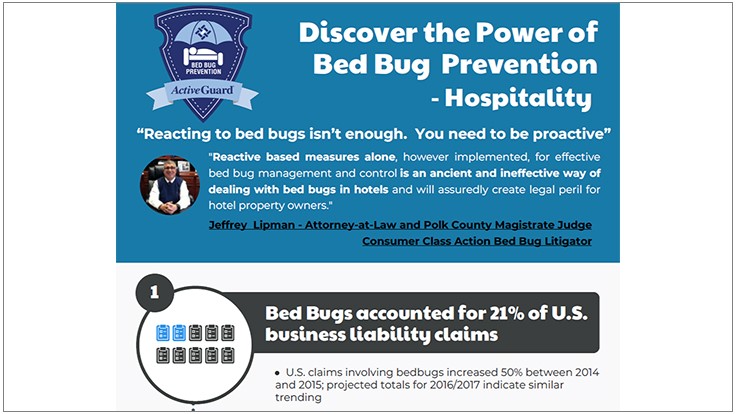Managing Rodent Infestations: Insights Into Rodent Psychology
Managing Rodent Infestations: Insights Into Rodent Psychology
Blog Article
Content Author-Cunningham Alston
When it concerns rodent control, comprehending typical rodent actions is key to properly managing invasions. Did visit the next web page understand that rats have some interesting nesting routines that might surprise you? By exploring their complex actions, you can acquire valuable insights into exactly how to take on rodent issues in an extra strategic and reliable way. So, let's unravel the secrets behind these creatures' actions and learn how to outsmart them in your rodent control efforts.
Rat Nesting Behaviors
When observing rodents in their natural environment, you'll discover that they proactively seek products to construct their nests. Rodents, such as mice and rats, are resourceful creatures that make use of a range of items like twigs, leaves, paper, and fabric to construct their homes. They're careful in their nest-building process, commonly lining their nests with softer materials like fur or plumes to develop a comfortable atmosphere.
Rodents like to develop their nests in hidden and protected locations to shield themselves and their young from predators. Usual nesting areas include wall surface cavities, attics, basements, and even within insulation materials. By constructing their nests in these private areas, rodents can safely raise their spawn away from potential risks.
It is vital to understand the nesting habits of rodents when applying control measures. By disrupting their nests or eliminating products, you can discourage rats from establishing a visibility in your home or residential or commercial property. Correct cleanliness and sealing entry points are additionally crucial steps in stopping rodent problems.
Rat Feeding Patterns
After observing rodents' nesting habits, it comes to be obvious that their feeding patterns play a vital function in their daily lives and behaviors. Rodents, including computer mice and rats, are opportunistic feeders, implying they'll take in whatever food source is readily offered. They're largely nighttime creatures, preferring to forage for food during the cover of evening to prevent killers.
Rodents have a diverse diet, ranging from grains, seeds, fruits, and veggies to pests, nuts, and even tiny pets. This versatility in their food selections enables them to prosper in numerous atmospheres, including metropolitan locations where human food resources are abundant.
Their feeding patterns aren't just driven by cravings but also by the need to stockpile food for times of scarcity. This behavior is particularly recognizable in preparation for winter months or when nesting. Rodents are known to hoard food in their nests or burrows, making sure a constant food supply. Understanding their feeding patterns is essential in executing effective rodent control measures to disrupt their food resources and prevent problems.
Rodent Activity and Traveling
Rodents navigate their environments with dexterity and stealth, using their keen detects to relocate swiftly through their settings. These animals are proficient climbers, able to range walls and vertical surface areas effortlessly. They can additionally press with surprisingly tiny openings, making it crucial to seal off any type of potential entry points in your house.
When it concerns traveling, rats have a tendency to adhere to acquainted courses, creating tracks along walls or skirting the sides of rooms. They're creatures of habit, typically sticking to these developed routes as they forage for food or discover their surroundings.
Rodents are known for their nocturnal routines, so you may hear them scampering around during the night as they look for food and water. Their movements fast and irregular, enabling them to dart in and out of sight in the blink of an eye.
Recognizing how rats relocate and take a trip can help you recognize prospective infestation locations in your house and take proactive steps to stop these pests from gaining a footing.
Verdict
As you function to regulate rats in your home, remember that understanding their behavior is crucial. By acknowledging their nesting practices, feeding patterns, and movement, you can properly avoid problems.
Together, by taking proactive steps to get rid of food sources and seal access points, you can disrupt their familiar courses and require them to seek new places, ultimately reducing the likelihood of rodent existence in your space.
